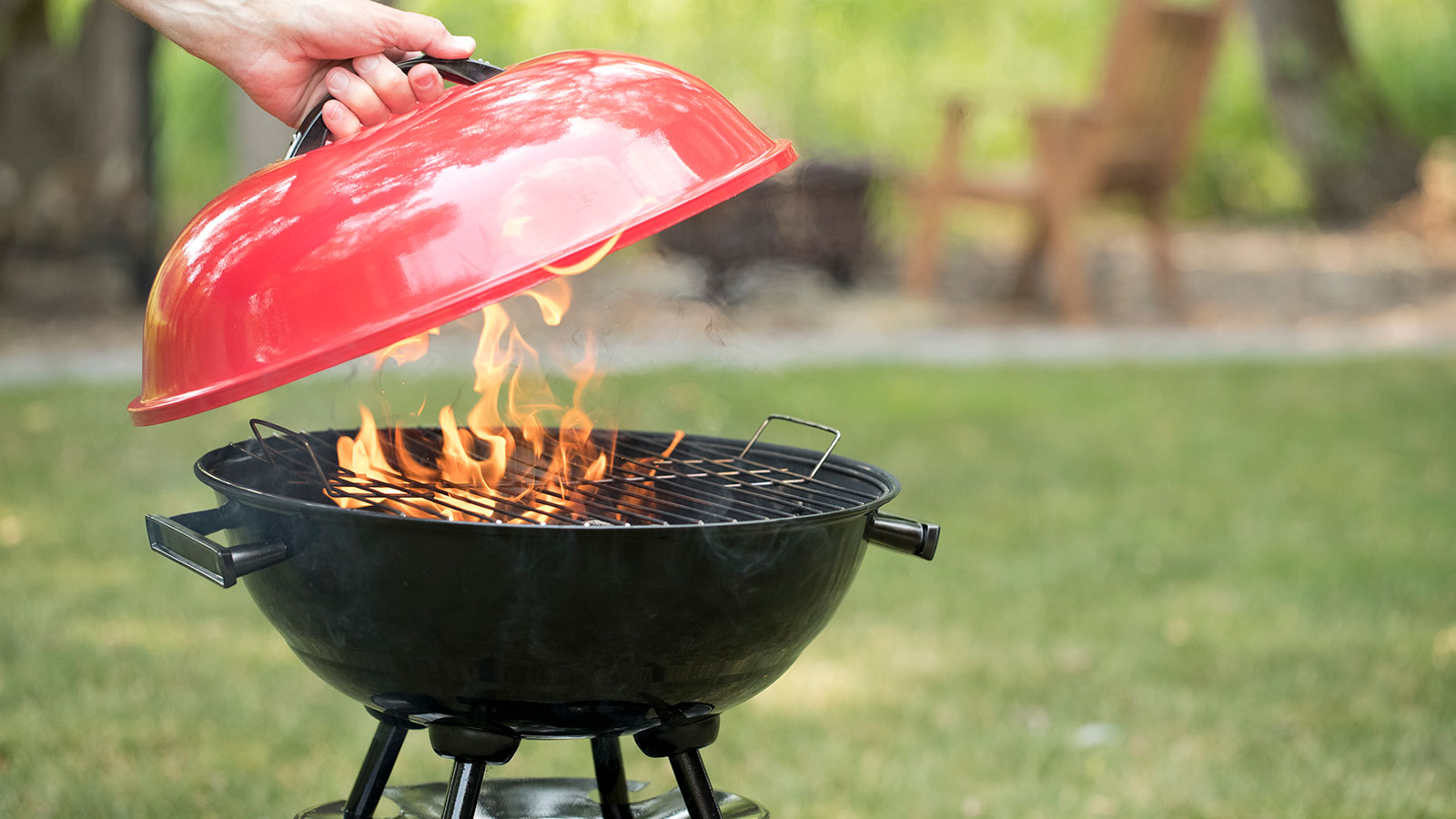How Long Does It Take for a Charcoal Grill to Heat Up?
Written By James Morgan
For barbecue enthusiasts, the question 'how long does it take for a charcoal grill to heat up' is essential knowledge. Whether you're a seasoned grill master or a novice, understanding the heating process of a charcoal grill can make a substantial difference in your cooking outcomes.
The allure of charcoal grilling is undeniable. It infuses food with that quintessential smoky flavor that gas grills just cant replicate. But that delectable taste comes at the cost of time, patience, and careful attention.

The Basics of Charcoal Grilling
Before diving into the timing, lets discuss the basic components and process involved in charcoal grilling. The entire process, from lighting the charcoal to achieving optimal cooking temperatures, can make or break your barbecue experience.
Choosing the Right Charcoal
Your first decision is the kind of charcoal to use. The two main types are **lump charcoal** and **charcoal briquettes**. Lump charcoal heats up faster and burns hotter but less consistently compared to briquettes.
Arranging the Charcoal
How you arrange your charcoal can significantly impact the heating time. The most common methods are the **direct, indirect, and two-zone setups**.

Lighting the Charcoal
Lighting the charcoal is the first critical step. You can use a chimney starter, lighter fluid, or even electric starters. The method you choose can either hasten or delay the time it takes for the grill to heat up.
Using a Chimney Starter
This is the preferred method for many barbecue enthusiasts. It usually takes about 15-20 minutes for the charcoal to be ready.
Using Lighter Fluid
While convenient, lighter fluid can leave a chemical taste on your food if not used correctly. Expect it to take about 10-15 minutes to get the charcoal to the right temperature.

Monitoring Grill Temperature
Once your charcoal is lit, you need to monitor the grills temperature. Grill thermometers play an essential role in ensuring you reach and maintain the desired heat.
Using Built-In Thermometers
Most modern grills come with built-in thermometers. However, they often measure the temperature of the air above the food, not at the grill grates where cooking actually happens.
Using Analog or Digital Thermometers
Investing in a good thermometer can be a game-changer. Analog thermometers are robust, while digital ones offer more precision. [Check out this guide from Food Network](https://www.foodnetwork.com/how-to/articles/how-to-set-up-a-grill-a-step-by-step-guide) for a step-by-step on setting up your grill.

Achieving Optimal Temperature
The ideal temperature for most grilling tasks generally ranges from **350F to 450F** (177C to 232C).
Direct Grilling
Direct grilling typically requires a higher temperature as food is cooked directly over the flame. Expect to wait around 20-30 minutes to reach the desired temperature.
Indirect Grilling
For indirect grilling, where food is cooked adjacent to the heat source, it usually takes about 25-35 minutes to reach appropriate cooking temperatures.
Maintaining Heat
After reaching the optimal temperature, maintaining it is crucial for consistent cooking. Adjusting the air vents can help in regulating the temperature.
Adjusting Air Vents
Opening the vents increases the heat, while closing them reduces it. Regular monitoring is essential to keep the right balance.
Common Issues and Solutions
Despite best efforts, several common issues can arise while trying to heat up your charcoal grill.
Sputtering Flames
This is often due to uneven charcoal placement or damp charcoal. Rearranging the coals and ensuring theyre completely dry can help.
Slow Heating
If your grill is taking too long to heat up, consider adding more charcoal or using a chimney starter.
FAQs
How can I speed up the heating process?
Using a chimney starter is generally the quickest method. It concentrates the heat, reducing the time required to get the charcoal ready.
What type of charcoal heats up the fastest?
**Lump charcoal** typically heats up faster than charcoal briquettes but may not provide as consistent a heat.
Can I add charcoal while cooking?
Yes, but its best to add pre-lit charcoal to maintain a consistent temperature. Adding unlit charcoal can cause temperature fluctuations.
For more grilling tips, visit [Food & Wine's common grilling mistakes](https://www.foodandwine.com/cooking-techniques/grilling/5-common-rookie-mistakes-we-make-when-grilling-over-charcoal).
Mastering charcoal grilling can take time and practice, but the flavorful results are undoubtedly worth the effort. Happy grilling!
As an Amazon Associate, I earn from qualifying purchases.
As an Amazon Associate, I earn from qualifying purchases.



